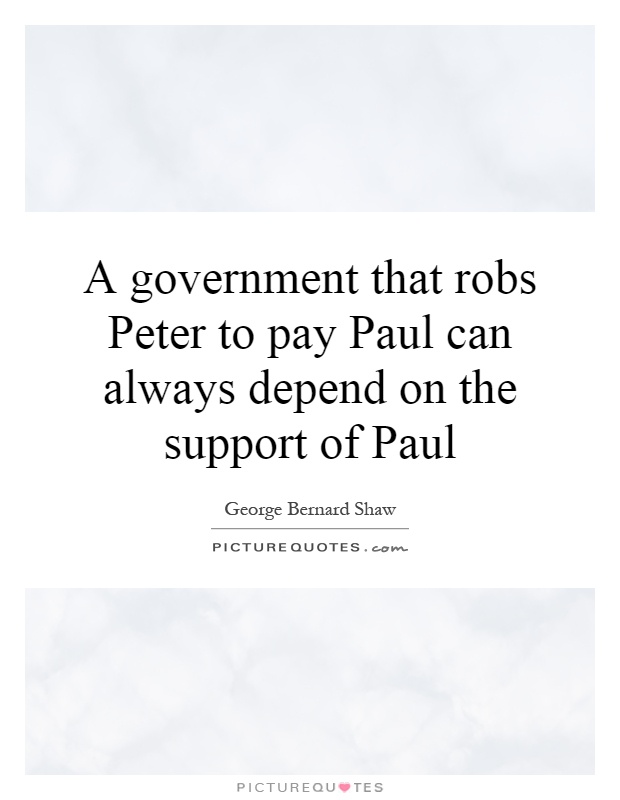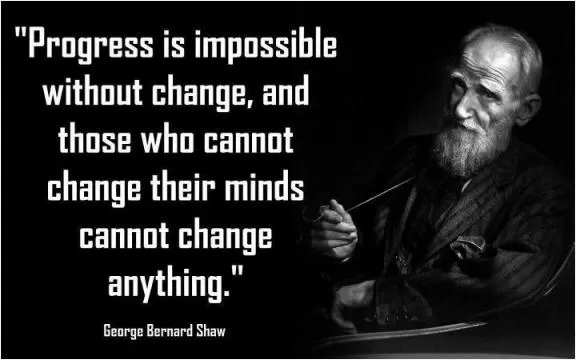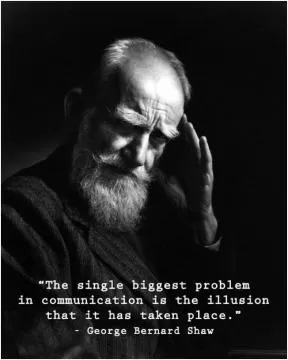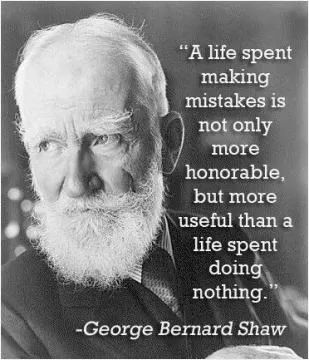A government that robs Peter to pay Paul can always depend on the support of Paul

A government that robs Peter to pay Paul can always depend on the support of Paul
The quote "A government that robs Peter to pay Paul can always depend on the support of Paul" is often attributed to the famous playwright and critic George Bernard Shaw. This quote speaks to the idea that when a government takes from one group of people to give to another, the recipients of the benefits will naturally support the government's actions, even if it comes at the expense of others.Shaw was known for his sharp wit and keen observations on society and politics, and this quote is a perfect example of his ability to succinctly capture a complex idea. In this case, he is highlighting the inherent conflict of interest that arises when a government engages in redistributive policies. While those who receive the benefits of such policies may be grateful for the assistance, those who are forced to foot the bill may feel resentful and disenfranchised.
The concept of robbing Peter to pay Paul is a common theme in discussions of taxation and government spending. It raises questions about fairness, equity, and the role of government in society. Should the government have the power to take from some in order to provide for others? And if so, how should this power be wielded in a way that is just and sustainable?
Shaw's quote suggests that when a government engages in this kind of redistribution, it creates a dynamic where those who benefit from the policies will be more likely to support the government, while those who are harmed by them may become disillusioned and disengaged. This can lead to a cycle of dependency and resentment that undermines the social fabric and erodes trust in government institutions.
Ultimately, Shaw's quote serves as a cautionary reminder of the dangers of using government power to play favorites and pick winners and losers. It challenges us to think critically about the role of government in our lives and to consider the long-term consequences of policies that pit one group against another.












 Friendship Quotes
Friendship Quotes Love Quotes
Love Quotes Life Quotes
Life Quotes Funny Quotes
Funny Quotes Motivational Quotes
Motivational Quotes Inspirational Quotes
Inspirational Quotes